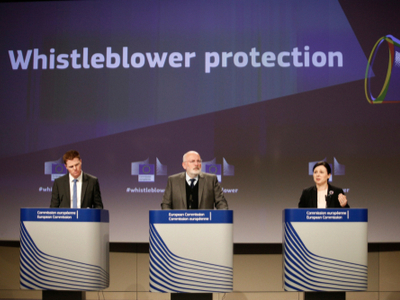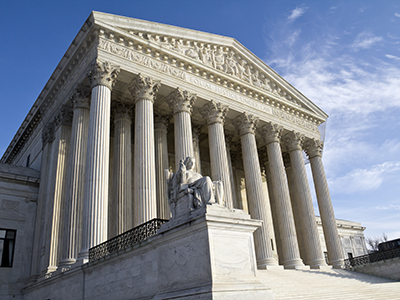Just days after reconvening its Select Task Force on Harassment with a public meeting titled “Transforming #MeToo Into Harassment-Free Workplaces,” the EEOC marched into seven different federal district courts, from Los Angeles, California to Mobile, Alabama and in between, and said “#MeToo.”
In a statement about the meeting, EEOC Commissioner Chai R. Feldblum remarked that the challenge for the EEOC “is to use this #MeToo moment well”, observing that the EEOC had “the attention and commitment of the range of different actors in society that we need … [to] channel that energy to create significant and sustainable change.”
So what does this change look like? And what should employers be mindful of as they try to achieve compliance and reduce litigation risk? READ MORE











